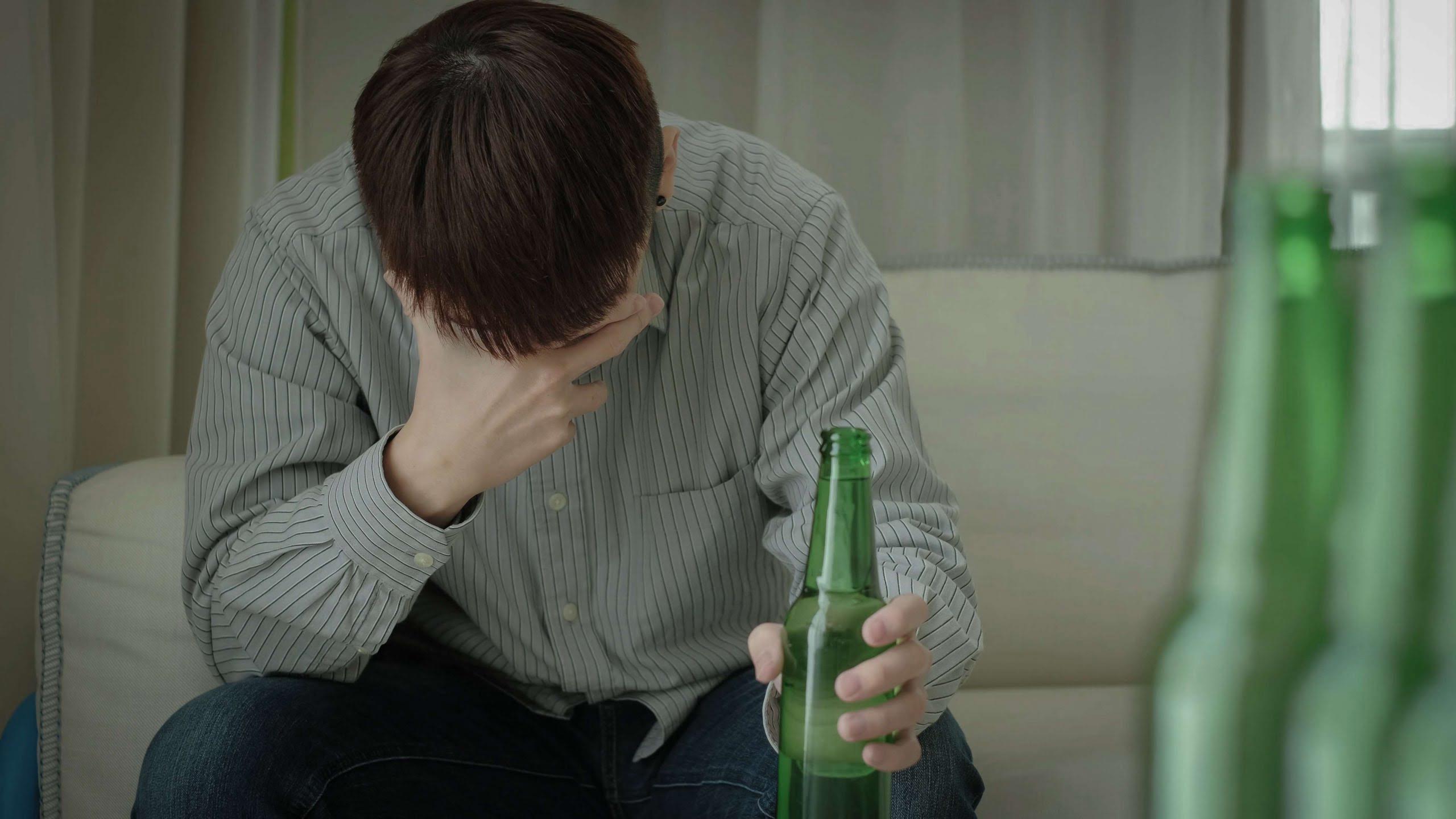Those grappling with psychological tolerance can benefit from early interventions, therapy, and counseling. Cognitive-behavioral therapy (CBT) and motivational interviewing can help reevaluate beliefs and attitudes towards alcohol, fostering responsible drinking behaviors. Support groups, such as 12-step programs like Narcotics Anonymous (NA), can provide individuals with a supportive community of people facing similar challenges. The guidance and understanding of others who have gone through similar experiences can be invaluable in the journey towards recovery. In the journey toward recovery, information, and resources are invaluable assets. If you’re seeking guidance on alcohol addiction, look no further than AlcoholAwareness.org.

Somatic Awareness: Strengthening Mind-Body Integration Through Equine-Assisted Therapy

People usually have a variety of emotional and environmental triggers that cause cravings. Following years of dispute, the Diagnostic and Statistical Manual of Mental Disorders (DSM), recatagorised drug and alcohol addiction, dependence and abuse under the same umbrella. ‘Substance Use Disorders’ is now the preferred medical term by the scientific community. However, it’s still useful to understand the difference between physical dependence and psychological addiction, as they’re the terms that are still in everyday use. Clinicians describe dependence as the normal biological reactions that occur when someone takes a substance for a long time. Whereas addiction is defined as the continued use of alcohol or drugs despite negative consequences.
- Our state-specific resource guides offer a comprehensive overview of drug and alcohol addiction treatment options available in your area.
- Professional support from healthcare providers is also essential to monitor the individual’s progress and ensure a safe recovery.
- The preventive measures that reduce the risk of alcohol dependence include education on the dangers of excessive drinking, setting personal drinking limits, and adopting healthy coping mechanisms for stress.
How Addiction Affects the Brain
The DSM-5 defines substance use disorder as a problematic pattern of use of a substance (such as alcohol, drugs, or medication) leading to clinically significant impairment or distress. Dependence typically refers to the psychological and/or physiological adaptations that occur physiological dependence on alcohol when the body is exposed to a stimulus over time. To put it another way, physical vs psychological dependence means mental vs physical symptoms. Also, a program at an addiction recovery center will deal with them separately.
Resources for Further Reading on Physical Dependence and Psychological Addiction Treatments
Often, people are unaware of these thoughts even though they can result in a mental illness. A full-service rehabilitation center has programs that will help patients overcome the psychological symptoms of withdrawal. Most treatments last https://armadafitness.com/minnesota-association-of-sober-homes-national/ one to four months; longer programs usually help people recover more effectively. As drug and alcohol abuse continues to rise, many seek to understand its causes and the reasons behind dependency. Fortunately, Volkow and her colleagues’ argument carried the day with the American Psychiatric Association’s DSM-5 committee in 2013.
- By attending a residential rehab program, you will be able to confront your addiction, learn how to manage your symptoms, and gain life-long support that will be there for you throughout your sobriety.
- Tolerance does not necessarily involve withdrawal symptoms, but it means the body has become accustomed to alcohol’s effects and needs more to experience the same level of intoxication.
Reasons for Increased Physical Dependence Risk

Here’s a closer look at the difference between physical and psychological addiction, and at treatments that can help you marijuana addiction or your loved one successfully overcome addiction as a whole. Psychological dependence is characterized by a strong desire or compulsion to engage in a particular substance or behavior to experience pleasure, relieve stress, or cope with negative emotions. It involves a psychological attachment to the substance or behavior, often leading to cravings and an intense preoccupation with obtaining and using it.
